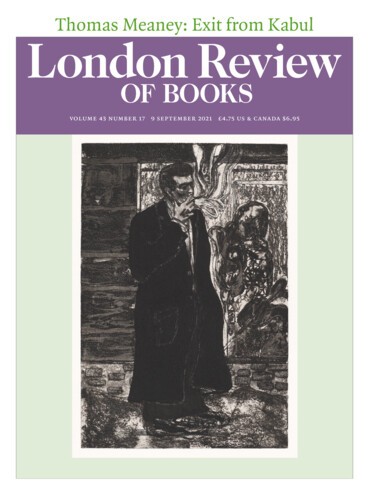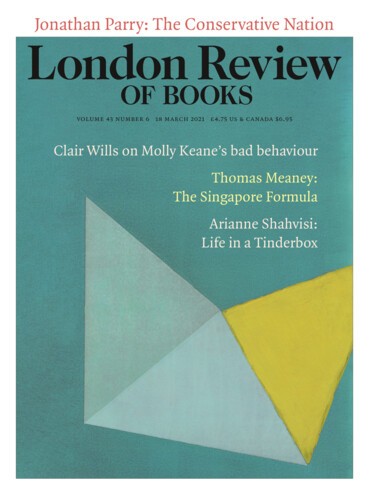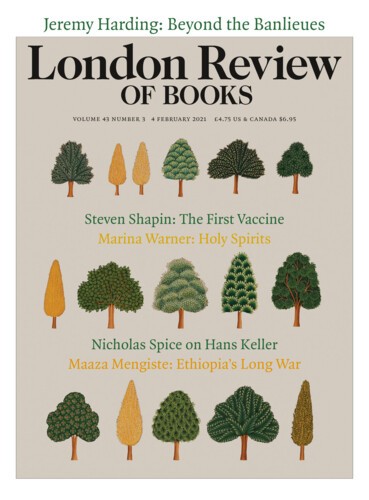The corruption of the Afghan government is dwarfed only by that of the American operation itself, which constituted a massive wealth transfer to US defence industries. Will the Taliban behave? They have entered a very different Kabul – one with beauty salons and shopping malls – from the one they left twenty years ago. In the interim, they have developed the ambition to run a state, which will require a basis of legitimacy outside their own constituency in the country, and international support of some kind. In the first days after they took Kabul, the Taliban made a show of paying respects to Shia Afghans on the holy day of Ashura, taking questions from female journalists at press conferences, relaying their offer of an amnesty to the opposition despite having apparently executed some Afghan soldiers earlier in August, and setting up checkpoints to counter spoiler attacks, which were not long in coming (IS and its local affiliate IS-K are major liabilities for the core of the Taliban leadership that wants to take the reins of what passes for the state).
American occupation has made the Taliban more disciplined fighters – with new elite battalions such as the Red Unit – and above all a more media-savvy organisation. Video footage from Kabul airport may dominate online, but a different set of images moved events. These were small videos, captured on phones earlier this summer in borderland provinces, showing Taliban forces taking over Afghan border posts, the soldiers calmly handing over their weapons without a fight.





